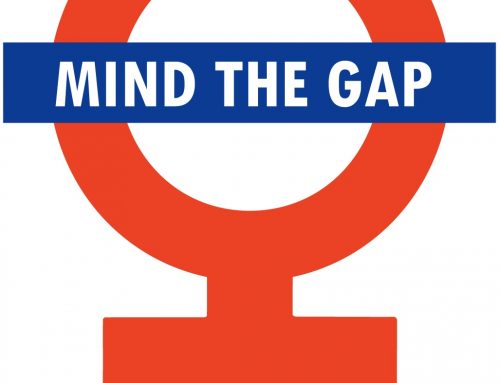 Last year, State Street announced its intention to use shareholder activism to work towards gender parity on corporate boards. However, it appears that women on corporate boards can also be targets of shareholder activists, according to a recent study in the journal Applied Psychology.
Last year, State Street announced its intention to use shareholder activism to work towards gender parity on corporate boards. However, it appears that women on corporate boards can also be targets of shareholder activists, according to a recent study in the journal Applied Psychology.
The researchers began with the hypothesis that female CEOs were more likely to be the target of activist investors. Further, they posited that pervasive gender bias comes into play in ambiguous situations, such as deciding whether a CEO’s impact on firm outcomes was positive or negative. Researchers studied SEC records of over 3,000 US firms between 1996 and 2013. Despite controls aimed at equalizing the data where possible, the researchers discovered that male CEOs were targeted by shareholders 6% vs. 9.4% of the time when the CEOs were women.
The study’s main source of data were Schedule 13D forms which are required by the SEC when a shareholder owns more than 5% of stock. These are public filings and the study’s authors drew two troubling conclusions:
- If female CEOs are the target of shareholder activists 50% more often than male CEOs, these more publicized events may serve to reinforce gender stereotypes in society.
- The researchers had no way to determine what happened behind the scenes, but they surmised that gender bias could be worse.
In an article in the Harvard Business Review, the authors conclude:
“They [investors] see female CEOs as being less effective than male CEOs, and thus they provide women more (unsolicited) direction for how to properly run the firm….most investors are probably not aware of their own biases. When it is unclear why the firm is not performing as well as it could, gender stereotypes may become salient and influence how activists assess the CEO’s competence.”
Further, a report published earlier in 2017 by Institutional Shareholder Services (ISS) found that when activists manage to shake up corporate boards, they are adding white men, not women or people of color.
While it is clear that investors like State Street are working to increase the number of women on boards, such efforts might be hampered by unconscious bias.





